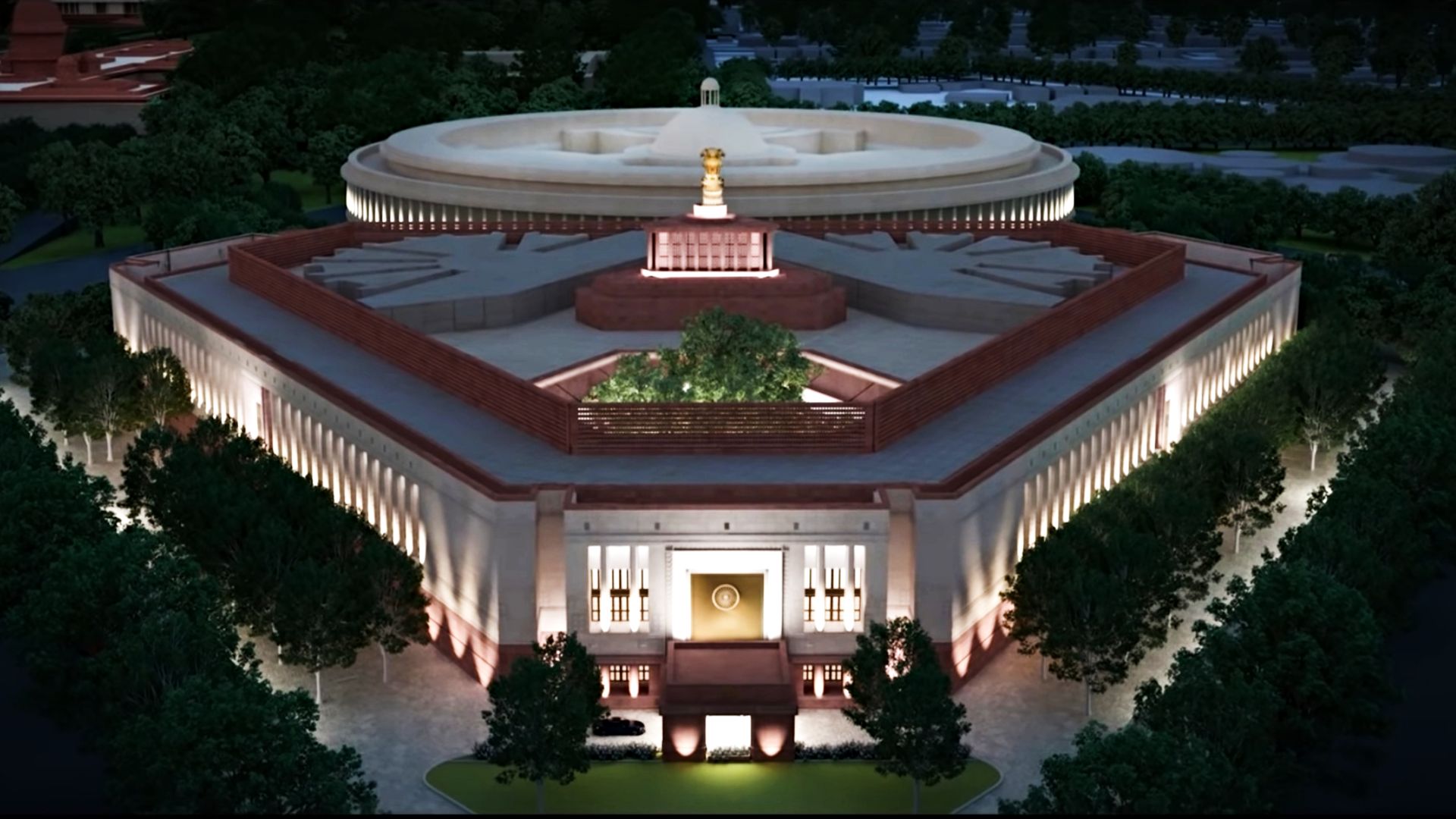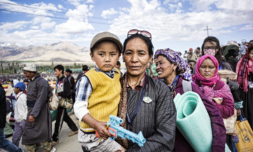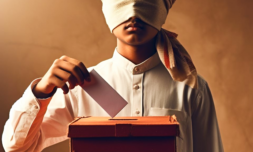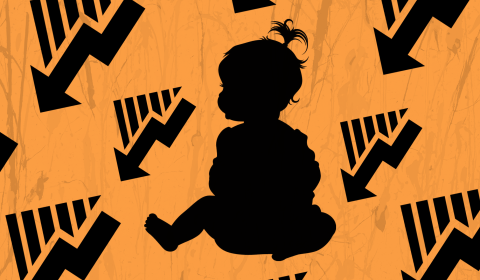In India, where democracy is touted as the bedrock of its governance, recent revelations surrounding the fate of opposition leaders facing corruption charges paint a concerning picture.
A comprehensive investigation by The Indian Express has uncovered a troubling pattern – a staggering 23 out of 25 key opposition politicians who faced action from central agencies were let off the hook after joining the Bharatiya Janata Party (BJP) or its allies in the National Democratic Alliance (NDA) since 2014.
This alarming trend raises serious questions about the impartiality of India’s investigative agencies and the growing influence of political interests in the country’s electoral process.
The ‘washing machine’ effect
The Indian National Congress party president, Mallikarjun Kharge, aptly described the BJP as a ‘washing machine’ for corrupt politicians, where the moment they join the ruling party, they miraculously become ‘squeaky clean.’
This observation is borne out by the data – of the 25 politicians who crossed over to the BJP or its allies, 10 were from the Congress party, four each from the Nationalist Congress Party (NCP) and Shiv Sena, three from the Trinamool Congress, two from the Telugu Desam Party, and one each from the Samajwadi Party and YSR Congress Party.
The disparate treatment of opposition leaders compared to those from the ruling party is starkly evident. A 2022 report revealed that a staggering 95% of prominent politicians facing action from the Enforcement Directorate (ED) and the Central Bureau of Investigation (CBI) were from the opposition.
In contrast, the Indian Express investigation found that in 23 out of the 25 cases involving opposition leaders who joined the BJP or its allies, their switch to the ruling side resulted in a reprieve, with three cases being closed and 20 others stalled or placed in ‘cold storage.’
The maharashtra conundrum and the Foreign Minister’s response
The current political turmoil in Maharashtra has further exacerbated this trend. Of the 25 leaders facing central probes, 12 were from Maharashtra, and 11 of them joined or allied with the BJP in 2022 or later.
Notably, the cases against two prominent leaders, Ajit Pawar and Praful Patel, were subsequently closed, highlighting the stark contrast in the treatment of opposition and ruling party members.
Amidst these concerning revelations, the response from India’s Foreign Minister, S. Jaishankar, to the United Nations’ call for free and fair elections in India, is particularly troubling.
Jaishankar’s dismissive statement, ‘I don’t need the UN to tell me our elections should be free and fair,’ reflects a blatant disregard for the principles of democratic accountability and international oversight.
One India, One Washing Machine
pic.twitter.com/HRbI8bQ5d6
— India
(@indiaredeem) April 19, 2024
The Foreign Minister’s remarks come in the wake of the UN spokesperson, Stéphane Dujarric, emphasizing the organization’s hope that the upcoming Lok Sabha elections in India would be held in a ‘free and fair atmosphere,’ where ‘everyone’s rights are protected, including political and civil rights, and everyone is able to vote.’
Jaishankar’s defiant response, coupled with the mounting evidence of political interference in India’s investigative agencies, underscores the growing majoritarian hegemony in the country’s electoral landscape.
It is a stark reminder that the promise of free and fair elections is being undermined by the very institutions tasked with upholding democratic principles.




















